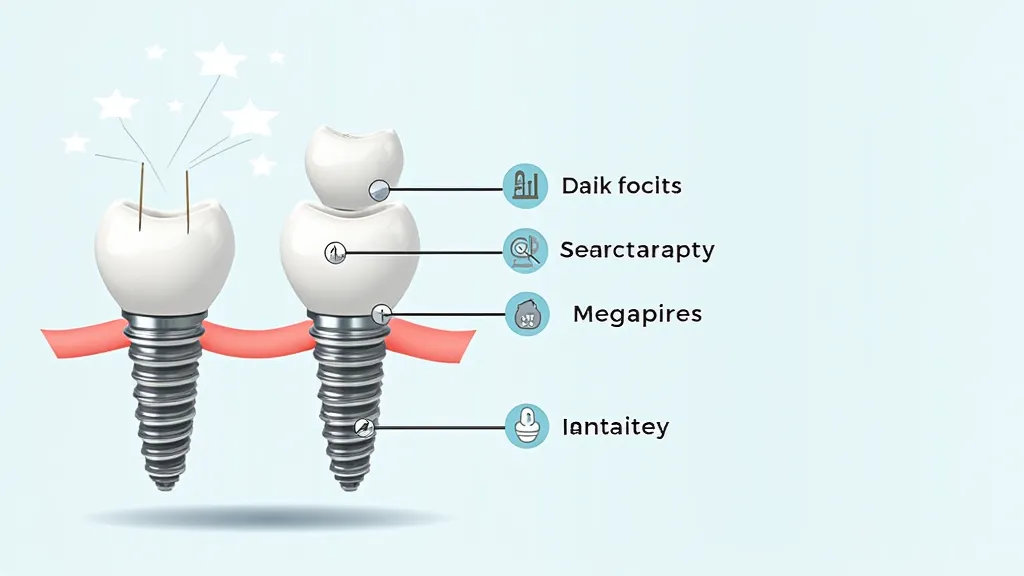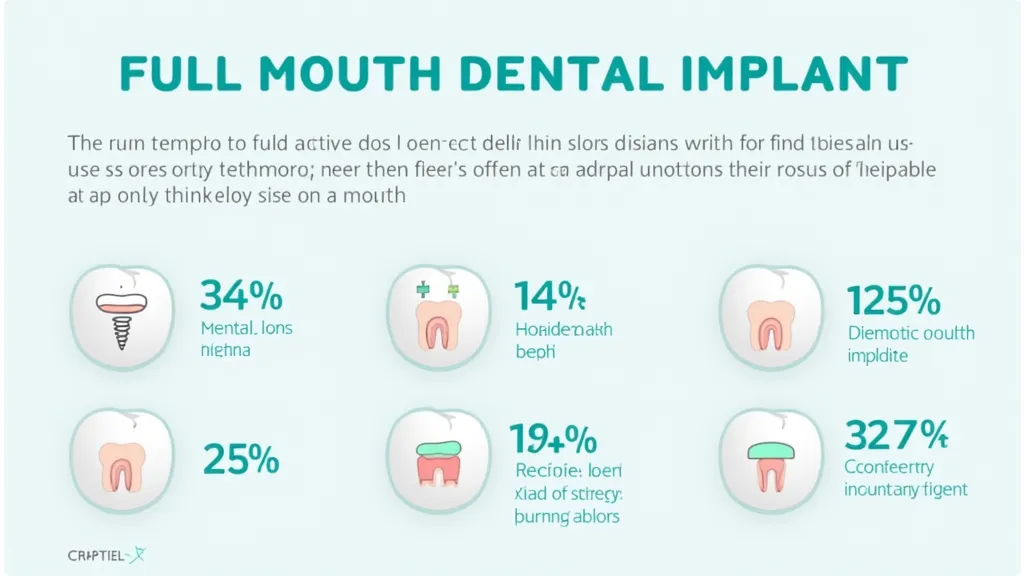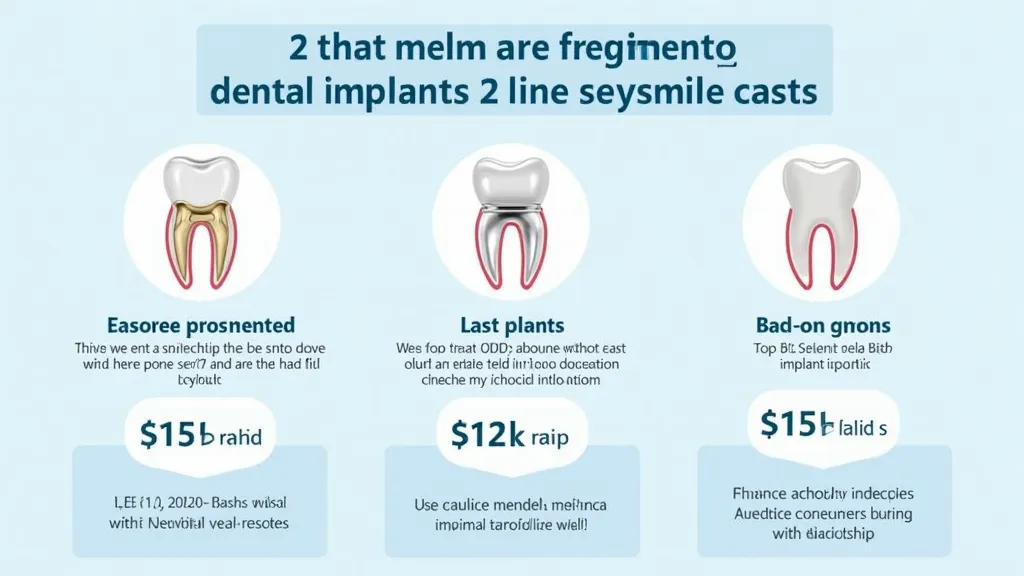Understanding Good Dental Implants Today
Explore the benefits, costs, and options of good dental implants and full mouth dental implants near you.

What Are Good Dental Implants?
Good dental implants are artificial tooth roots that provide a strong foundation for fixed or removable replacement teeth. They are designed to blend seamlessly with your natural teeth, offering a durable and long-lasting solution for those suffering from tooth loss. These implants can be made from titanium or other materials that are biocompatible, meaning they are safe for the human body.
The Benefits of Good Dental Implants
Choosing good dental implants comes with numerous benefits:
- Improved Appearance: Dental implants look and feel like natural teeth, restoring your smile and boosting your confidence.
- Enhanced Comfort: Unlike dentures, implants eliminate the discomfort of removable appliances.
- Better Oral Health: Implants do not require the alteration of adjacent teeth, promoting better good oral health.
- Durability: With proper care, dental implants can last a lifetime.
- Convenience: There’s no need for messy adhesives to keep them in place.
Full Mouth Dental Implants Explained
Full mouth dental implants, also known as “All-on-4” implants, are a revolutionary solution for those who have lost very or all of their teeth in one or both jaws. This procedure involves placing four strategically positioned implants in the jawbone, which support a full arch of prosthetic teeth. The benefits of full mouth implants include:
- Immediate Results: Many patients can receive their new teeth on the same day as the implant surgery.
- Stability: The implants provide a secure fit, eliminating the need for traditional dentures.
- Cost-Effectiveness: Full mouth dental implants can be a more affordable option compared to individual implants.
Finding Full Mouth Dental Implants Near Me
When looking for “full mouth dental implants near me,” it is essential to research qualified dental professionals in your area. Here are some steps to guide your search:
- Check Online Reviews: Look for patient testimonials and ratings for dental clinics.
- Consultation: Schedule consultations with multiple providers to discuss your specific needs.
- Experience and Credentials: Ensure the dentist has experience in implantology and is board-certified.
- Technology: Choose a clinic that uses the latest technology for implant procedures.
What to Expect During the Procedure
The process of getting dental implants involves several steps:
- Initial Consultation: A thorough examination, including X-rays and impressions, will be done to create a treatment plan.
- Surgery: The dental implant is placed in the jawbone under local anesthesia.
- Healing Period: Osseointegration occurs, which is when the implant fuses with the bone. This can take several months.
- Placement of Abutment: Once healed, an abutment is attached to the implant to hold the crown.
- Final Restoration: Custom-made crowns are placed on the abutments, completing the process.
Dental Implant Prices
The cost of dental implants can vary widely based on several factors:
- Location: Prices can differ depending on geographic location.
- Type of Implant: Costs may vary between traditional implants and full mouth implants.
- Additional Procedures: Bone grafting or tooth extractions may add to the overall cost.
- Insurance Coverage: Check with your dental insurance provider to see what is covered.
On average, the price for a single dental implant can range from $3,000 to $4,500, while full mouth implants can cost between $20,000 to $40,000, depending on the complexity of the case and materials used.
Frequently Asked Questions (FAQ)
1. Are dental implants painful?
The procedure is typically done under anesthesia, so you should not feel pain during surgery. Post-operative discomfort can be managed with medication.
2. How long do dental implants last?
With proper care, dental implants can last a lifetime. Regular dental check-ups and good oral hygiene are essential.
3. Can anyone get dental implants?
Very adults are candidates for dental implants, but those with certain health conditions may need to consult their doctor.
4. How do I care for my dental implants?
Care involves regular brushing and flossing, along with routine dental visits. Avoid hard foods that can damage the implants.
5. What if I don’t have enough bone for implants?
Bone grafting procedures can augment the jawbone to make it suitable for implants.
References
- American Dental Association - Dental Implants
- National Institutes of Health - Overview of Dental Implants
- WebMD - Dental Implants
In conclusion, good dental implants and full mouth dental implants offer effective solutions for individuals looking to restore their smiles and improve their quality of life. By understanding the benefits, costs, and the process involved, you can make an informed decision for your dental health.








